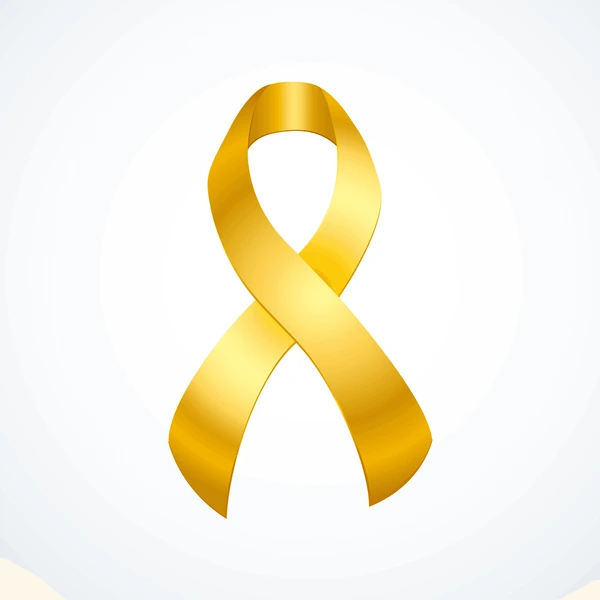- by rebecca
- March 23, 2024
Click the link below to join Our WhatsApp group for daily brief on current trends in the country.
Join Here!
Loading

From WHO statistics, about 1,200 children under age 15 in Ghana are estimated to develop
cancer annually. Again according to the World Health Organisation, 8 out of 10 children diagnosed with cancer will survive the disease, if detected early and access to treatment and care are available. As the world struggles to deal with numerous health challenges, the issue of children facing the harsh reality of cancer remains of concern. Childhood cancer therefore has become a critical concern on the global health agenda.
For the WHO, the survival of a child with a cancer diagnosis is heavily dependent on the economic status of their country. In high-income nations, over 80% of children battling cancer achieve a cure, while in many low- and middle-income countries (LMICs), this figure plummets to less than 30%.
Unlike cancer in adults, the majority of childhood cancers lack a known cause, posing a complex challenge for medical researchers and practitioners. WHO emphasizes that the lack of a clear cause further complicates preventive measures.
One striking revelation is that avoidable deaths resulting from childhood cancers in LMICs are attributed to various factors, including inadequate diagnosis, misdiagnosis, delayed diagnosis, barriers to accessing care, treatment abandonment, toxicity-related fatalities, and relapses.
Certain chronic infections, such as HIV, Epstein-Barr virus, and malaria, have been identified as risk factors for childhood cancer. Additionally, some infections increase a child’s susceptibility to cancer in adulthood, underscoring the importance of vaccinations against hepatitis B (for liver cancer prevention) and human papillomavirus (for cervical cancer prevention).
From current data, an approximate 10% of children with cancer have a genetic predisposition, emphasizing the multifaceted nature of the disease.
Speaking with Dr. Michael Biney a medical practitioner at the Tema General Hospital, he stated that, childhood cancer is often linked to chromosomal abnormalities, though this causation is not consistent across all cases.
He further stated that there is a challenge in pinpointing the precise cause of childhood cancer, rather, postulations can be made based on research and observations.
Cancers are actually imparted.
Given the inherent challenges in preventing cancer in children, WHO advocates for a two-pronged approach centered on early, accurate diagnosis and evidence-based therapy with tailored supportive care.

Click the link below to join Our WhatsApp group for daily brief on current trends in the country.
Join Here!
0 Comments: